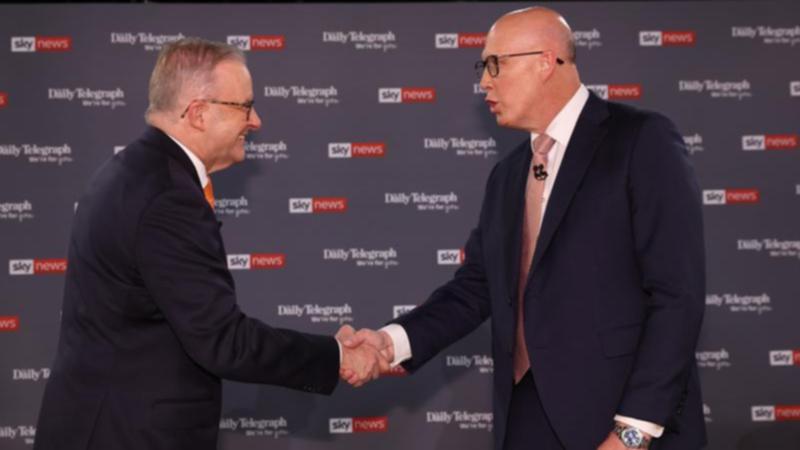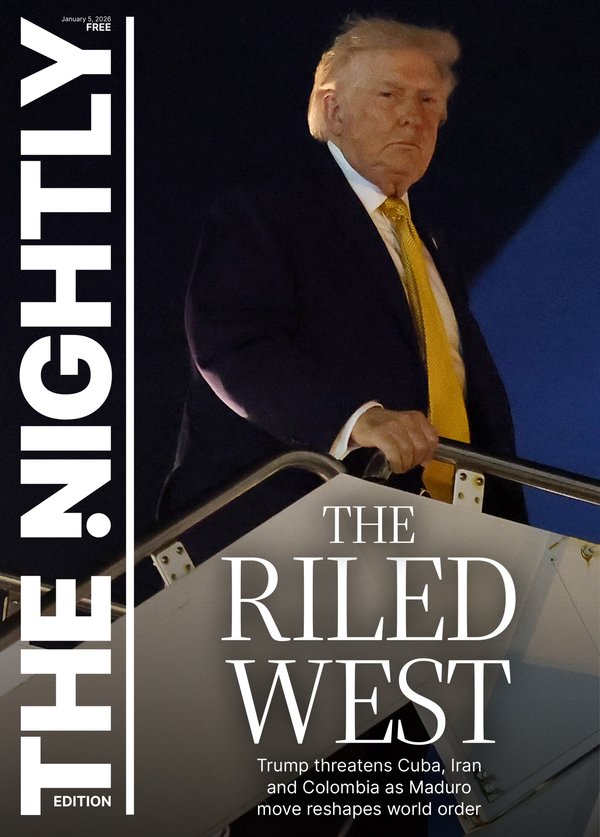EDITORIAL: First Federal leaders’ debate confirms soft vote to determine election

If you were hoping for a clear cut winner at the first election debate between Anthony Albanese and Peter Dutton, you likely came away disappointed.
There were no major slip-ups from either leader, but there were no knock-out blows either.
Nor were there any big visions for the future of our country, or even reassurances that in these anxious times things would all turn out OK.
Sign up to The Nightly's newsletters.
Get the first look at the digital newspaper, curated daily stories and breaking headlines delivered to your inbox.
By continuing you agree to our Terms and Privacy Policy.It was, as has been typical of this campaign to date, a predictable and uninspiring affair.
The voters at Western Sydney’s Wentworthville leagues club gave it to the Prime Minister, with 44 of the 100 saying he was the better performer, compared to 35 who said they were convinced by the Opposition Leader.
What was more telling was the 21 attendees who couldn’t split the pair. That’s close to a quarter of people who, after listening to an hour to both leaders parry and jab and outline their policy plans, couldn’t decide which was better — or at least less bad.
The so-called “soft vote” — the bloc of uncommitted electors who could go either way on May 3 — is very real.
They’re the ones who will decide who has control of this country in four weeks.
Both leaders want desperately to connect with them. But can they be convinced to listen?
Tuesday’s debate, aired on pay TV, likely reached few of them.
There will be more at stake at next week’s debate on free-to-air television.
This was a warm-up, an opportunity for each leader to feel out his opponent for areas of weakness, to refine their messages and, crucially, to build their own confidence as the campaign gathers speed.
Debates are generally more advantageous for the challenger.
They can lend them some of the electoral legitimacy of the incumbent, by putting them together, literally on the same stage.
And they can also be an opportunity for less-engaged voters to hear from the alternative for what may be the first time at depth.
That is a clear danger for Mr Albanese, and perhaps a reason as yet only one further debate between the pair has been locked in.
Much of Labor’s strategy to date has been to paint Mr Dutton as “unelectable”. An ogre.
But those who tuned in on Tuesday would have found instead a pretty normal bloke. One who was able to competently and calmy answer questions and engage with their questioners on a human level.
That was made all the more remarkable by the fact that Mr Dutton had learned minutes before taking to the stage that his father had been taken to hospital having suffered a heart attack.
Many of the questions put Mr Albanese on his preferred battleground of health and Medicare.
But in what is a wicked challenge for Labor, some of the Prime Minister’s more difficult moments came when he was running through his government’s achievements.
Wages are up. Unemployment remains low.
That may be what the data says, but it doesn’t align with the lived experience of an electorate which feels squeezed from all sides.
That’s one point the PM may find it impossible to rebut.
